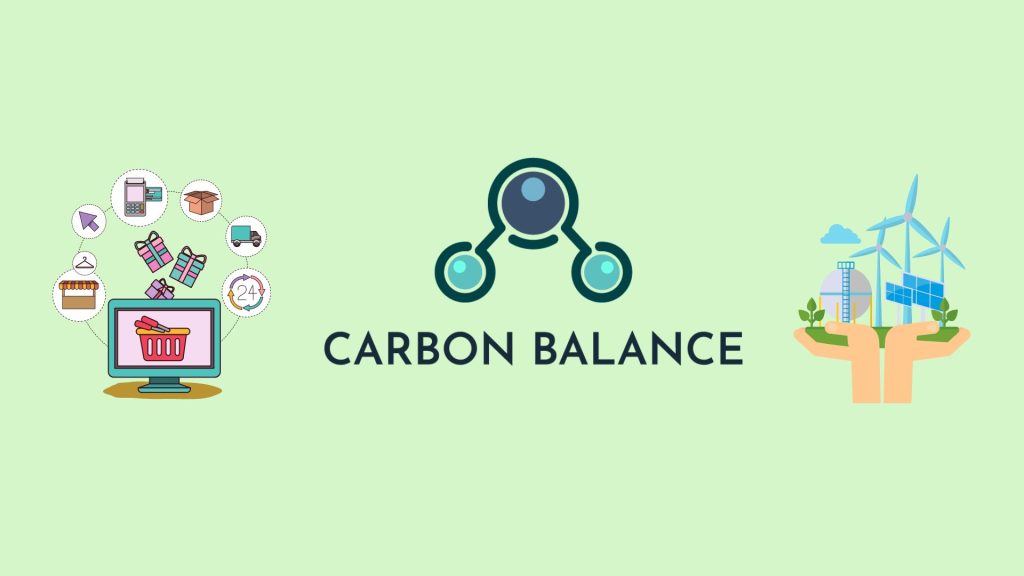Climate change is one of the most significant challenges facing our world today. With the planet warming at an alarming rate due to human activities, governments, businesses, and individuals are starting to take action to mitigate the impact of climate change. In recent years, there has been a growing trend of companies taking climate action. In this article, we will explore the reasons behind this trend and the benefits that come with taking climate action.
Why Companies Are Taking Climate Action
Reputation and Brand Image
One of the most important reasons why companies are taking climate action is reputation and brand image. In today’s world, customers and investors are becoming increasingly aware of the impact of businesses on the environment. They are demanding that companies take responsibility for their actions and do their part to address climate change.
Companies that take climate action are seen as responsible and forward-thinking, which enhances their reputation and brand image. By taking steps to reduce their carbon footprint, such as using renewable energy, reducing waste, and implementing sustainable practices, companies can build a positive image and gain the trust of customers and investors.
Regulatory Compliance
Another reason why companies are taking climate action is regulatory compliance. Governments around the world are implementing policies and regulations to reduce greenhouse gas emissions and combat climate change. Companies that fail to comply with these regulations can face penalties, fines, and other legal consequences.
By taking climate action, companies can ensure that they are compliant with regulations and avoid the negative consequences of non-compliance. Moreover, companies that go above and beyond regulatory requirements by setting their own ambitious emissions reduction targets can gain a competitive advantage in the market.
Cost Savings
Taking climate action can also lead to cost savings for companies. By reducing energy consumption, implementing more efficient processes, and using renewable energy sources, companies can lower their operating costs and improve their bottom line.
For example, implementing energy-efficient technologies such as LED lighting and smart building management systems can reduce energy consumption and save money on utility bills. Switching to renewable energy sources such as solar or wind power can also lead to significant cost savings in the long run.
Talent Attraction and Retention
Employees are increasingly looking for companies that share their values and are committed to making a positive impact on the world. Companies that take climate action and demonstrate a commitment to sustainability are more likely to attract and retain top talent.
In a survey by LinkedIn, 73% of millennials said that a company’s environmental and social impact is important when considering where to work. By taking climate action and demonstrating a commitment to sustainability, companies can create a positive workplace culture and attract employees who share their values.
Business Resilience
Climate change poses a significant risk to businesses, including physical risks such as extreme weather events and supply chain disruptions. By taking climate action and implementing measures to address these risks, companies can improve their resilience and adaptability.
For example, companies can implement measures to reduce the risk of supply chain disruptions due to extreme weather events. They can also implement measures to reduce their own carbon footprint, which can help them adapt to potential regulatory changes and market shifts.
The Benefits of Taking Climate Action
Improved Environmental Sustainability
The most significant benefit of taking climate action is improved environmental sustainability. By reducing greenhouse gas emissions, conserving resources, and implementing sustainable practices, companies can help protect the environment and preserve natural resources for future generations.
Enhanced Reputation and Brand Image
As mentioned earlier, taking climate action can enhance a company’s reputation and brand image. Companies that are seen as responsible and committed to sustainability are more likely to attract and retain customers and investors.
Cost Savings
Taking climate action can lead to significant cost savings for companies. By reducing energy consumption, implementing more efficient processes, and using renewable energy sources, companies can lower their operating costs and improve their bottom line.
Talent Attraction and Retention
In addition to attracting top talent, taking climate action can also improve employee engagement and satisfaction. Employees who feel that their company is making a positive impact on the environment are more likely to be motivated and engaged in their work.
Competitive Advantage
Companies that take climate action can gain a competitive advantage in the market. Customers and investors are increasingly looking for companies that are committed to sustainability, and companies that demonstrate a commitment to climate action can stand out from their competitors.
Improved Business Resilience
As mentioned earlier, taking climate action can improve a company’s resilience and adaptability. By implementing measures to address the physical and regulatory risks of climate change, companies can better protect themselves and their stakeholders from potential disruptions.
Examples of Companies Taking Climate Action
There are many examples of companies that are taking climate action and reaping the benefits. Here are a few examples:
Apple
Apple has set a goal of becoming carbon neutral by 2030. The company is reducing its carbon footprint by transitioning to renewable energy, using recycled materials in its products, and implementing energy-efficient technologies in its facilities.
Unilever
Unilever has set a goal of achieving net-zero emissions from its products by 2039. The company is implementing sustainable practices throughout its supply chain, reducing its greenhouse gas emissions, and using renewable energy.
Patagonia
Patagonia has been a leader in sustainability for many years. The company is committed to using sustainable materials in its products, reducing its carbon footprint, and supporting environmental causes through its activism and philanthropy.
Conclusion
In conclusion, companies are taking climate action for many reasons, including reputation and brand image, regulatory compliance, cost savings, talent attraction and retention, and business resilience. By taking climate action, companies can improve their environmental sustainability, enhance their reputation and brand image, save money, attract top talent, gain a competitive advantage, and improve their resilience and adaptability. The examples of companies that are taking climate action show that it is possible to make a positive impact on the environment while also benefiting the bottom line. As the impacts of climate change become increasingly severe, it is essential for companies to take action and do their part to address this global challenge.
References
- “Why Businesses Should Act on Climate Change.” United Nations Framework Convention on Climate Change, https://unfccc.int/news/why-businesses-should-act-on-climate-change.
- “Why Companies Are Taking Action on Climate Change.” Harvard Business Review, 27 September 2019, https://hbr.org/2019/09/why-companies-are-taking-action-on-climate-change.
- “Why Climate Action Is Good Business.” World Resources Institute, 18 October 2019, https://www.wri.org/blog/2019/10/why-climate-action-good-business.
- “Why Sustainability Is Now the Key Driver of Innovation.” MIT Sloan Management Review, 27 April 2020, https://sloanreview.mit.edu/article/why-sustainability-is-now-the-key-driver-of-innovation/.
- “Corporate Action on Climate Change.” CDP, 2020, https://www.cdp.net/en/corporates/corporate-action-on-climate-change.
- “Corporate Climate Action and Sustainability.” LinkedIn, https://www.linkedin.com/pulse/corporate-climate-action-sustainability-daniel-goleman/.
- “Apple Commits to be 100 Percent Carbon Neutral for Its Supply Chain and Products by 2030.” Apple, 21 July 2020, https://www.apple.com/newsroom/2020/07/apple-commits-to-be-100-percent-carbon-neutral-for-its-supply-chain-and-products-by-2030/.
- “Unilever Commits to Net Zero Emissions from All Products by 2039.” Unilever, 16 June 2020, https://www.unilever.com/news/press-releases/2020/unilever-commits-to-net-zero-emissions-from-all-products-by-2039.html.
- “Patagonia Commits to Carbon Neutrality by 2025.” Patagonia, 15 September 2020, https://www.patagonia.com/stories/carbon-neutrality-2025/story-27935.html.



